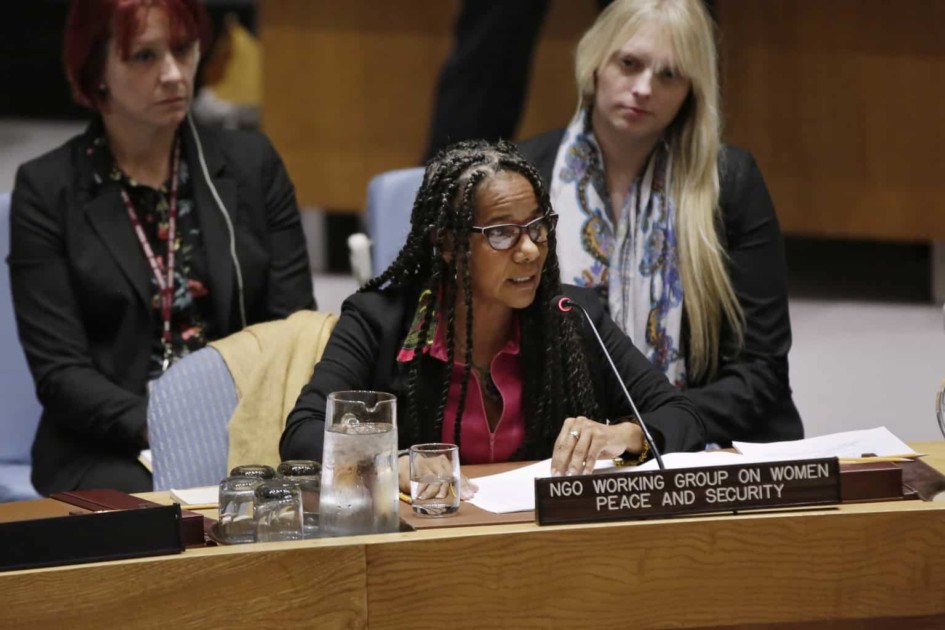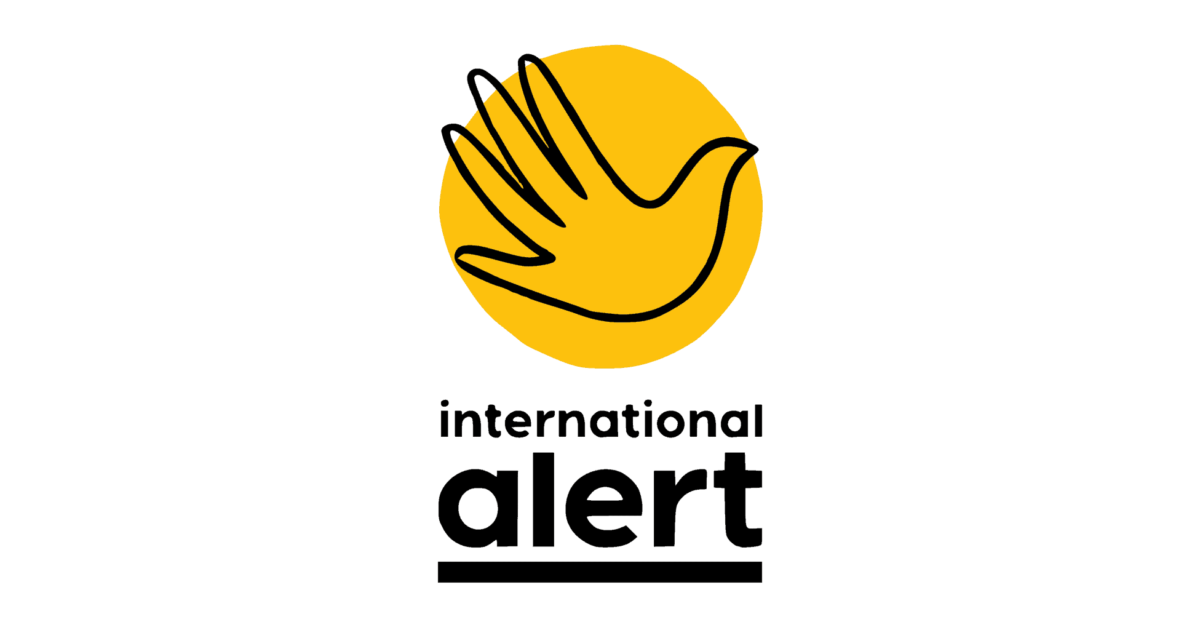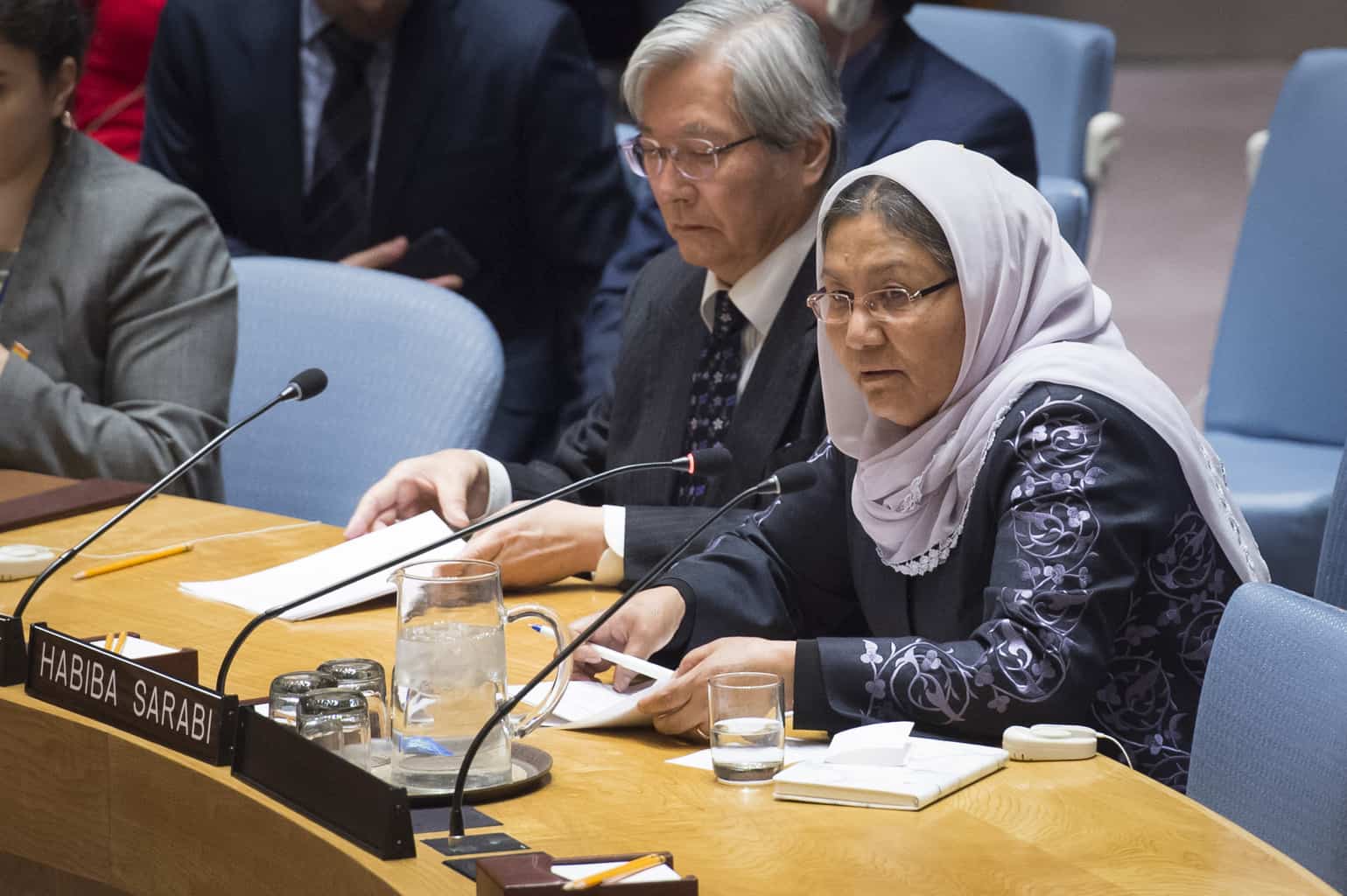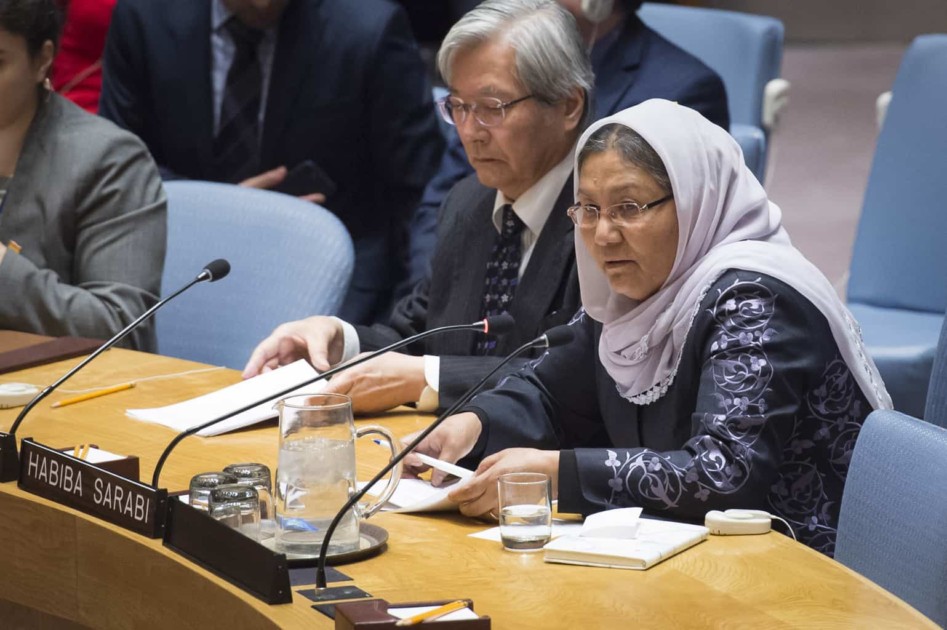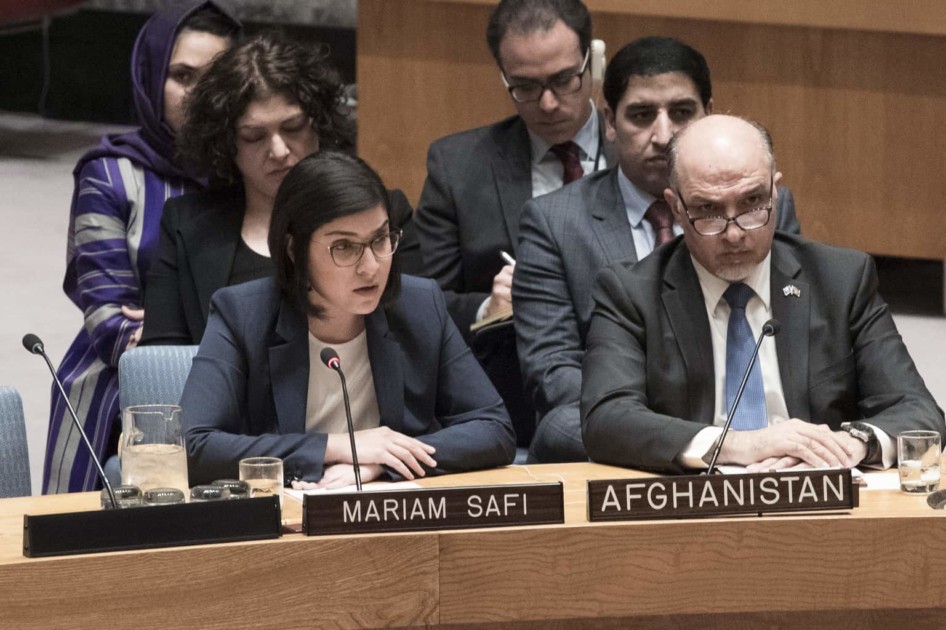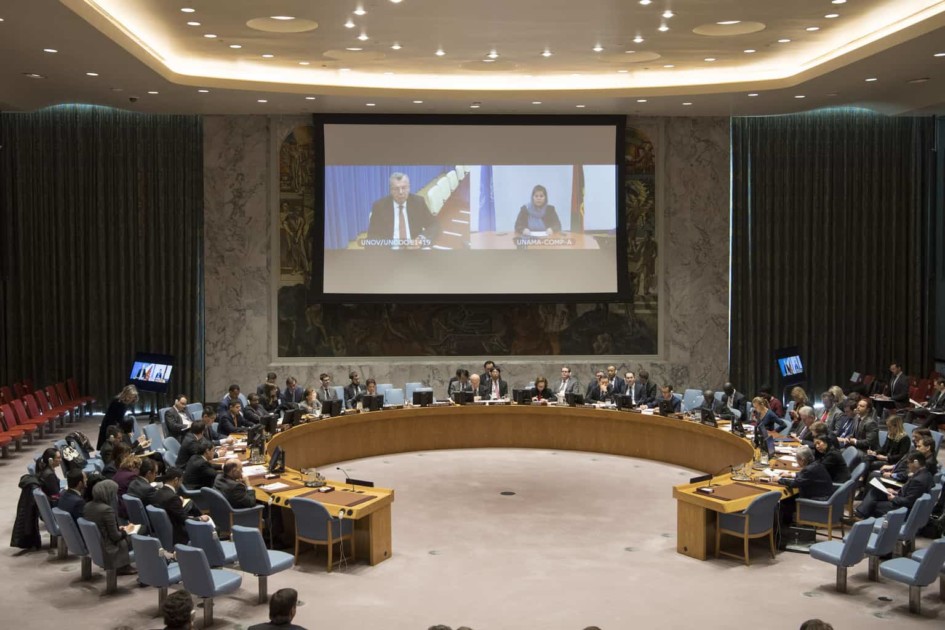Afghanistan
Afghanistan
Afghanistan has been engulfed in violent armed conflict since the fall of the Taliban regime in 2001, and efforts to build sustainable peace while preventing the re-establishment of extremist rule depend on the inclusion of women.
Living in the most dangerous place in the world to be a woman, as the Thomas Reuters Foundation revealed in 2011, Afghani women have emerged as leaders in the peace process— advocating constantly for more inclusive government, and inspiring marginalized groups nationwide to demand a place in the political system. Despite the important role that Afghani women play in bringing about social change in Afghanistan, many barriers to their involvement still exist.
Based on the work of NGOWG members and their partners, the NGOWG advocates for eliminating these barriers by encouraging UNAMA to support the Afghan government in fully implementing the National Action Plan on Women, Peace and Security (NAP), and ensuring women’s full and equal participation in regularly held elections.
Current and Past Recommendations to the UN Security Council (Monthly Action Points)
The resolutions authorizing mandates of the UN mission and the International Security Assistance Force in Afghanistan explicitly refer to the resolutions on Women Peace and Security. However, relevant reporting has been uneven. Firstly, the quarterly report on ISAF operations is overdue. Secondly, although the last UN Secretary-General report (S/2009/475) condemned the severe legislative restrictions on women’s rights, the benchmarks in this report did not address the root causes of these restrictions including the need for women’s empowerment, nor women’s specific security concerns.
- The next UN Secretary-General report on Afghanistan is due mid-December, and presents an opportunity to review good practices regarding reporting on women peace and security in country situations.
The resolutions authorizing mandates of the UN mission and the International Security Assistance Force in Afghanistan explicitly refer to the resolutions on Women Peace and Security. However, relevant reporting has been uneven. Firstly, the quarterly report on ISAF operations is overdue. Secondly, although the last UN Secretary-General report (S/2009/475) condemned the severe legislative restrictions on women’s rights, the benchmarks in this report did not address the root causes of these restrictions including the need for women’s empowerment, nor women’s specific security concerns.
- The next UN Secretary-General report on Afghanistan is due mid-December, and presents an opportunity to review good practices regarding reporting on women peace and security in country situations.
Relevant Resources


